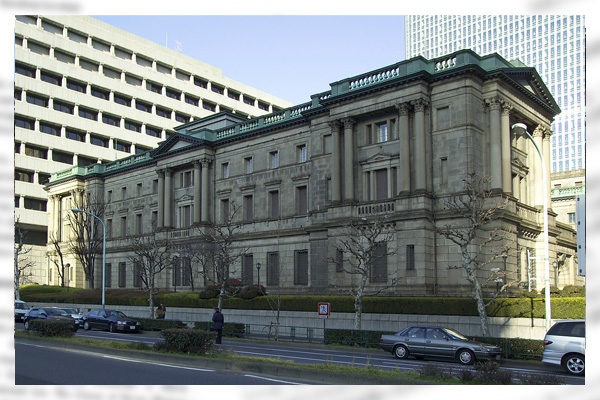The Bank of Japan in early April will launch a new leadership including economist Kazuo Ueda as governor, former Financial Services Agency Commissioner Ryozo Himino and BOJ Executive Director Shinichi Uchida as deputy governors. In postwar Japan, the central bank has been headed by former Ministry of Finance and BOJ officials alternately. Towards the coming BOJ leadership reshuffle, Deputy BOJ Governor Masayoshi Amamiya had been expected to be nominated as new BOJ governor to succeed Haruhiko Kuroda who hailed from the MOF. Therefore, the government’s nomination of economist Ueda came as a surprise.
In other developed countries, however, experts on finance and economics have usually been named central bank governors, who are expected to discuss highly specialized topics without interpreters. We should welcome the government’s nomination of the international-level economist as new BOJ chief to break away from the traditional practice.
Abenomics based on monetary easing
The government respects the BOJ’s independence regarding monetary policy implementation, while the BOJ governor, deputy governors and board members are appointed by the government with approval by the National Diet. The executive and legislative branches of the government can exert influence on the central bank only through the leadership appointment and agreements such as the 2013 joint statement between the government and the BOJ on policy cooperation. Attracting attention towards the nomination of the successor to BOJ Governor Kuroda was whether the government would select a person who would basically retain Abenomics triggered by the joint statement.
Abenomics advocated by the late former Prime Minister Shinzo Abe is an economic policy package that seeks to fully break away from deflation and develop the virtuous cycle of moderate price rise and faster wage hikes to achieve eventually employment stability and economic growth recovery. Monetary easing has been a key tool for Abenomics. The 2013 joint statement set forth a target of realizing stably a year-on-year rise of about 2% in the consumer price index.
In the run-up to the BOJ governor selection, how far the new BOJ chief would hold fast to the price stability target was questioned. In Diet hearings, Ueda vowed to retain the monetary easing framework. This means that the new central bank chief will retain the current framework to set the short-term interest rate at minus 0.1% and guide the yield on long-term government bonds maturing in 10 years to zero while allowing the yield to deviate from zero by up to 0.5 percentage points. I have no objection to this position.
Interest rate hikes will endanger economic revitalization
On the other hand, Ueda pointed to adverse effects of the monetary easing framework. He explained that (1) banks’ profit margins would shrink to affect their profits due to the cap on the long-term government bond yield and that (2) the government bond market would fail to work smoothly as pressure is exerted on long-term interest rates that should intrinsically be left to market forces.
However, the above low-interest policy framework is designed to lower government bond yields from neutral levels to stimulate economic activities and attain the price stability target to achieve the virtuous economic cycle. The adverse effects cited by Ueda only refer to the fact that low interest rates affect profits at banks and government bond dealers. Such effects have been anticipated to a degree. Abolishing the monetary easing framework or raising interest rates too early would endanger the revitalization of the Japanese economy. I hope the new BOJ governor will hold fast to the price stability target.
Etsuro Honda is a member of the Planning Committee of the Japan Institute for National Fundamentals and a former special adviser to the cabinet. He advised then Prime Minister Shinzo Abe for the success of Abenomics. He also served as Ambassador of Japan to Switzerland and Liechtenstein.


